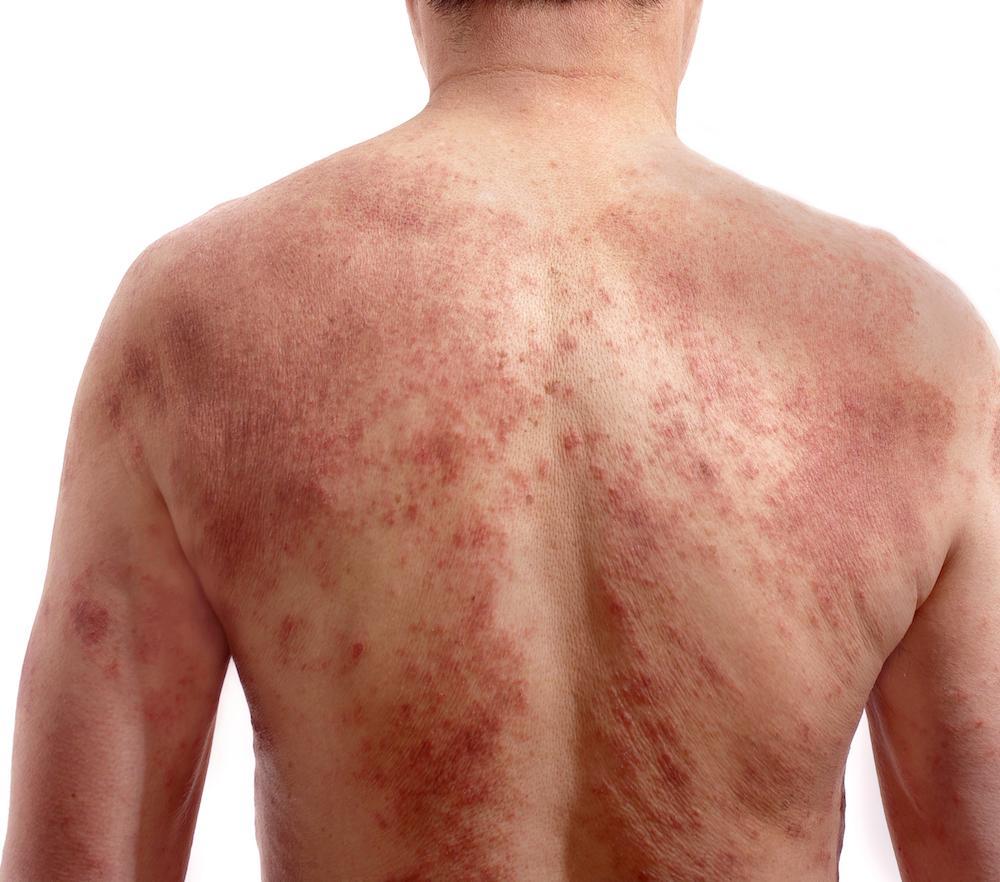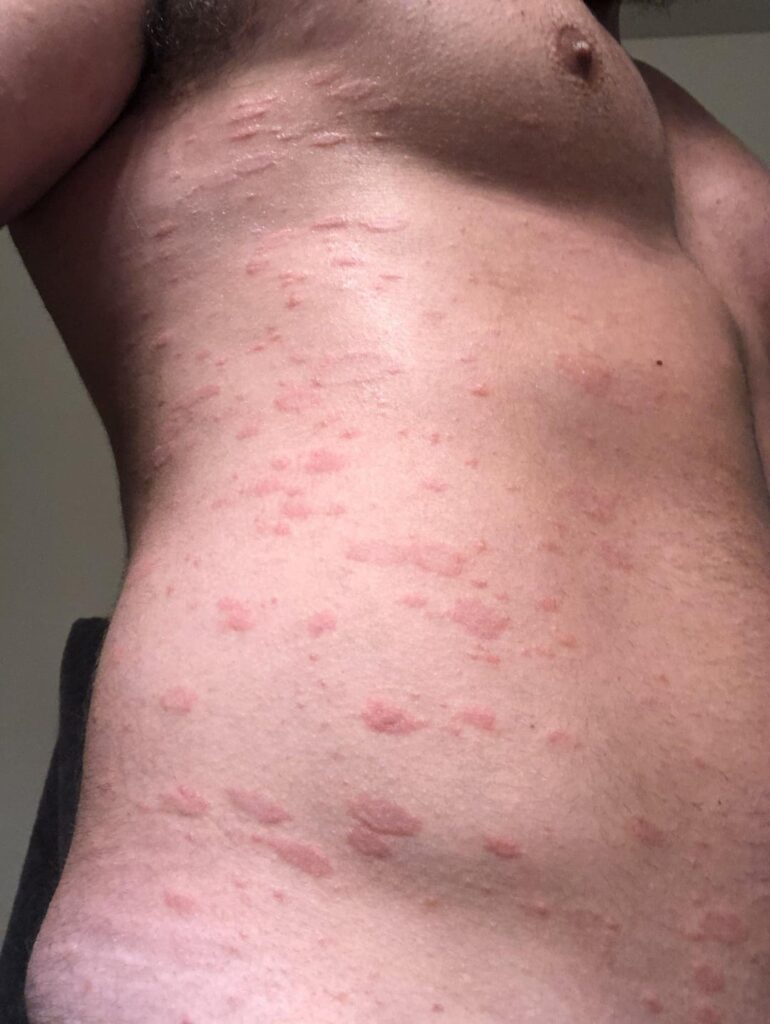Menu
TALK TO AN EXPERT
+91 9236407378
+91 9236407378

Tinea corporis, commonly known as ringworm, is a fungal infection of the skin. It causes a red, circular rash with clearer skin in the center, resembling a ring. The infection can occur anywhere on the body and is highly contagious, spreading through direct skin contact with an infected person or animal, or by contact with contaminated surfaces, clothing, or bedding.
Psoriasis is a chronic autoimmune skin condition that speeds up the life cycle of skin cells, leading to the rapid buildup of cells on the surface of the skin. This causes patches of thick, scaly, and often red skin, which can be itchy, painful, and inflamed. While the exact cause is not fully understood, psoriasis is believed to be related to a combination of genetic predisposition and environmental triggers.


Eczema, also known as atopic dermatitis, is a chronic skin condition characterized by dry, itchy, and inflamed patches of skin. It often occurs in cycles, with flare-ups followed by periods of remission. Eczema is commonly seen in infants and young children, but it can affect people of all ages. The exact cause is unknown, but it is linked to both genetic and environmental factors.
Scabies is a highly contagious skin condition caused by the infestation of the Sarcoptes scabiei mite, a microscopic parasite that burrows into the skin. The mites lay eggs, causing an allergic reaction that leads to intense itching and a rash. Scabies spreads through close physical contact, often within families, schools, or nursing homes.
